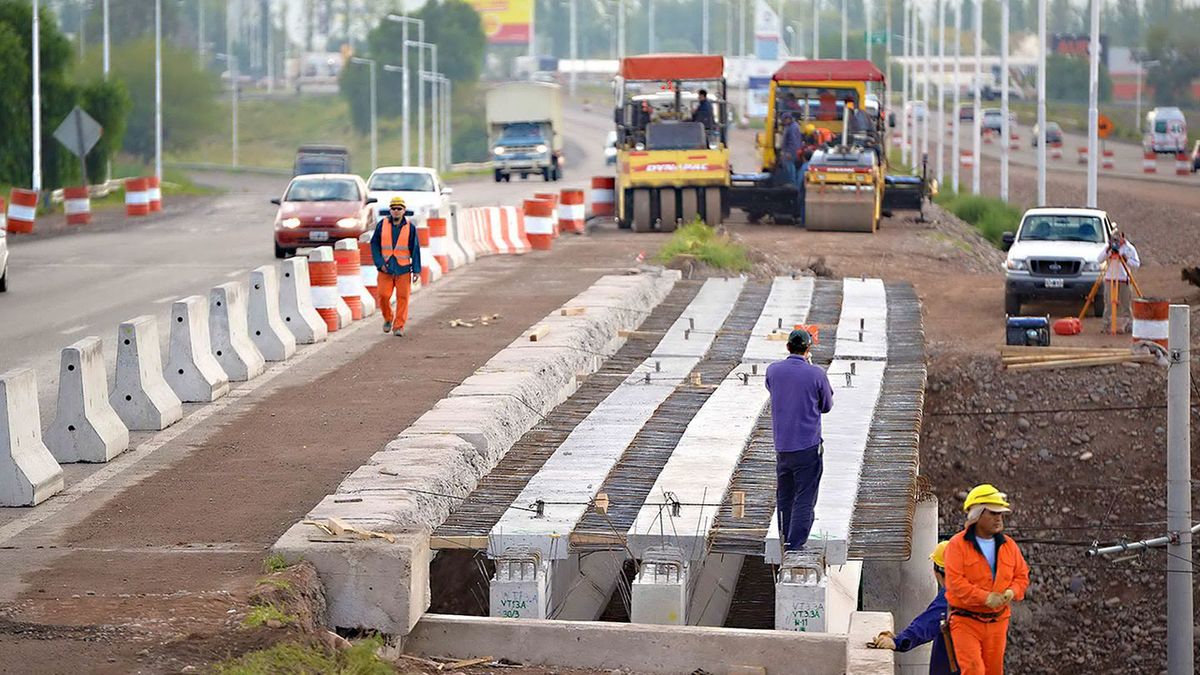Until the beginning of last month, there had been no news in this regard, but on November 4, the Minister of Economy, Sergio Massa, had anticipated in an act in Bariloche that the following week the Executive Power would finally elevate it to the Legislature. However, it was not like that that time either and, as explained by the Government, this is due to the fact that it is a complex project, where they have to establish regulations that will be valid 30 years from now for a sector, such as the hydrogenwho is still young and unknown.
Hydrogen and lithium: two universes of opportunities for Argentina
In this sense, Marcó del Pont stressed that “the economies of hydrogen and lithium are an opportunity to strengthen the industrial development of our country and avoid the risk of a reprimarization of our economy” and emphasized that Argentina must produce lithium batteries and electrolyzers.
“Argentina has the productive capacities and the scientific knowledge necessary to advance in the industrialization of natural resources that contribute to the decarbonization of the economy,” said Marcó del Pont. And he specified that the Nation works in coordination with the lithium-producing provinces in a comprehensive development plan for the sector.
He also highlighted that, in a short time, Y-TEC, the research and development company for the Energetic industry most important in Argentina, worked together with different industrial and scientific actors with very positive results that allow demystifying the alleged limits of the country’s productive capacities.
AA2_2911.jpg
Marcó del Pont together with the Deputy Minister of Foreign Affairs and Special Envoy for International Climate Policy of Germany, Jennifer Morgan
For its part, the German government highlighted the possibilities of cooperation between both nations in the field of renewable energy and expressed interest in accompanying the development process of the hydrogen economy and the sector of lithium in Argentina and the region, including assistance in financing projects.
It is worth mentioning that one of the objectives of the Hydrogen Law project is to generate investment and change the economic and productive matrix of several provinces. In this sense, it aims at the construction of a National Hydrogen Strategy low in emissions 2030which makes it possible to present a roadmap that contemplates public-private articulation and strategic dialogue between associated industries together with the scientific-technological sector, in order to develop the hydrogen economy in line with the great potential of our country.
Source: Ambito
David William is a talented author who has made a name for himself in the world of writing. He is a professional author who writes on a wide range of topics, from general interest to opinion news. David is currently working as a writer at 24 hours worlds where he brings his unique perspective and in-depth research to his articles, making them both informative and engaging.




